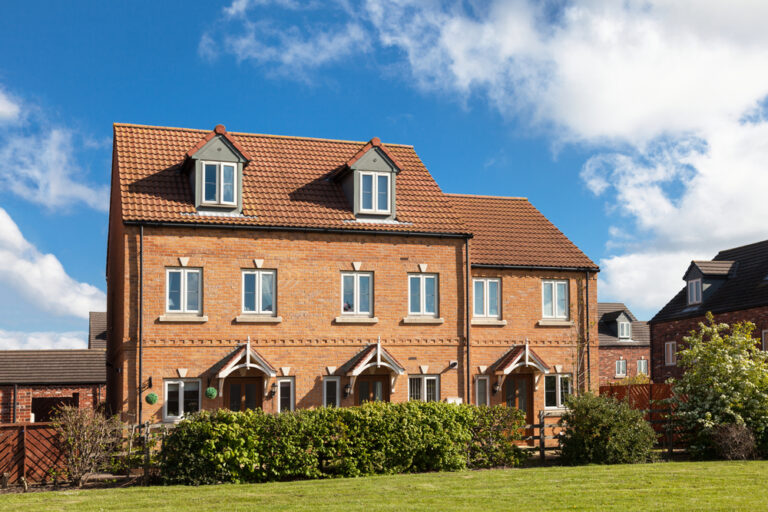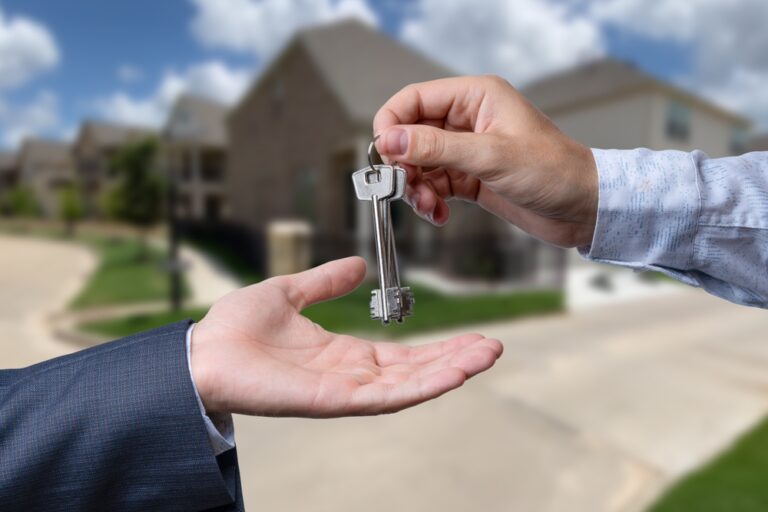If you’re thinking about selling your home, you’ve probably seen the term guide price on property listings. But what does guide price mean on a house, and why does it matter for buyers and sellers? In this guide, we’ll explain the meaning of a guide price, how it’s set, and what happens if a property sells above it.
Related: The role of comparative analysis (CMA) in pricing your home
What does guide price mean on a property?
A guide price is a suggested starting point for a property sale. It’s an indication of the price the seller hopes to achieve, but it isn’t a fixed or final figure. Essentially, it gives buyers a sense of what the property might be worth and what kind of offers the seller is expecting.
It’s important to understand that a guide price is not the same as an asking price. Sellers can adjust the guide price based on market interest, feedback from potential buyers, or strategic considerations.
Related: How to set the right asking price for your property
What happens if a house sells above the guide price?
In many cases, a property can sell above its guide price, particularly in areas where demand is strong. When a house attracts multiple offers, the final sale price may exceed the initial guide.
For sellers, this is a positive outcome, as it shows strong interest and can lead to a higher return. For buyers, it may mean that bidding slightly above the guide price is necessary to secure the property
Related: Offers over explained: how much should you offer?
What influences guide prices?
The value a guide price reflects is not fixed. Several factors can affect how a guide price is calculated:
- Property condition and features: A well-maintained home with modern features will often achieve a higher guide price.
- Size and layout: Larger homes or properties with usable extensions can add value.
- Location: Homes in desirable areas typically have higher guide prices, reflecting local demand.
- Market trends: Prices in a competitive market may be set higher to reflect buyer interest.
- Seller circumstances: A seller looking for a quick sale may choose a lower guide price to encourage faster offers.
Related: House selling timelines: what to expect
Understanding guide prices when selling your home
Estate agents play an important role in setting guide prices. They use local market knowledge, recent sales data, and buyer trends to suggest a realistic starting price. The aim is to attract interest without undervaluing the property.
Their experience ensures that properties are priced to generate interest while giving the best chance of a sale that reflects the home’s true value.
Get a free market valuation with Ellis & Co
Do guide prices affect negotiations?
Buyers often use the guide price as a reference point for their offers. A property listed with a guide price isn’t fixed, and sellers may accept offers above or below, depending on interest levels and other considerations.
It’s also worth noting that while a guide price provides an indication, it doesn’t replace a proper property valuation. Getting a professional valuation can give you an accurate understanding of what your home could realistically achieve on the market.
Achieving the right price
While selling above the guide price is possible, it’s influenced by factors like location, property condition, and current market demand.
A well-set guide price can make a real difference in attracting buyers and the best outcome for your property. If you’re thinking of selling your home, contact your local Parkers branch to help you set the right guide price and understand what to expect during the sale process.







